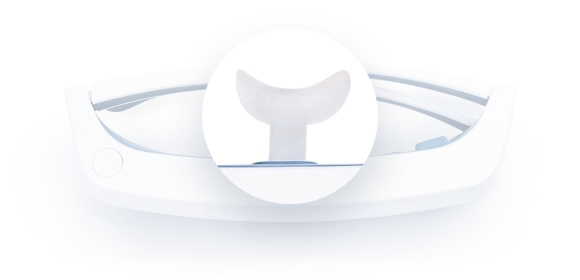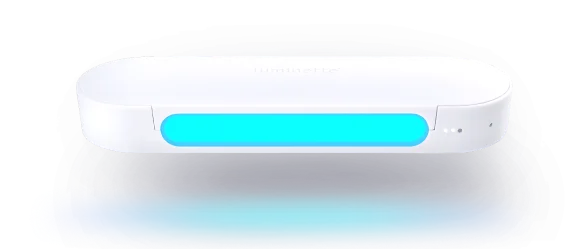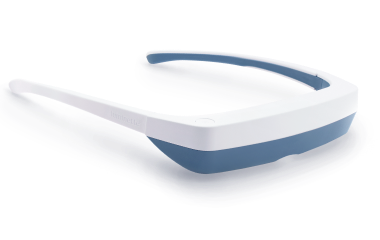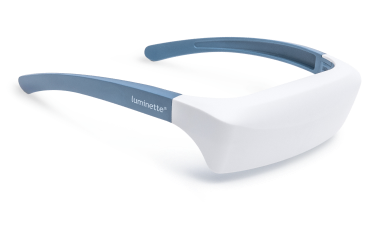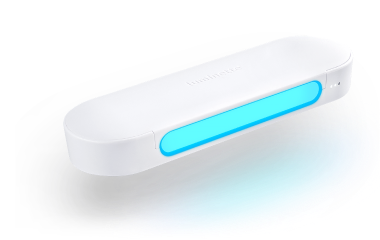Many people do not look excitedly forward to winter. This is not just because of the biting cold and needing extra layers of clothing to get through the day. As daylight hours shorten and temperatures drop, many individuals experience a drop in energy levels, leading to feelings of persistent tiredness.
If you find yourself struggling with persistent tiredness during the winter months, you may be suffering from this seasonal slump called winter fatigue. Dealing with winter fatigue can be overwhelming and make it hard to do anything or get through the day.
This article will take a closer look at what winter fatigue is, the symptoms to watch for, and effective ways to address it to help you feel more energized and make the most of the winter months.
What is winter fatigue?
Winter fatigue is the sense of tiredness or lack of energy many people feel during the colder winter months. It differs from typical fatigue in that it tends to last for extended periods and coincides with changes in the weather.
While typical fatigue can occur at any time of the year, winter fatigue has a seasonal pattern. It occurs in late autumn or early winter when the days get shorter and fades away in the spring and summer months when longer daylight hours return.
Also, while typical fatigue quickly goes away with sleep and active recovery, the sense of exhaustion that comes with winter fatigue doesn’t seem to go away. It can persist for weeks or months, and no amount of rest would seem effective in restoring energy levels. While the exhaustion may be manageable for some, others feeling winter fatigue may feel totally drained and unmotivated and even experience feelings of deep sadness and mood disorders.
The impact of seasonal changes on energy levels
The seasons cause changes in the environment and behavioral patterns that can affect our body’s natural rhythms and, by extension, energy levels. Specifically, energy levels can fluctuate in response to seasonal variations in daylight hours and lifestyle changes.
Variation in daylight hours
Changing seasons influence energy levels mainly because of their effect on daylight hours. Sunlight is directly related to energy levels, so we feel more energized during seasons with more daylight hours and less energized during seasons with fewer daylight hours.
Sunlight regulates the production of brain chemicals like serotonin, which influences mood and energy levels. When sunlight is strong (such as in early summer), our body produces more serotonin, making us feel more energized. However, when sunlight is limited and weak (such as during winter), our body produces less serotonin, contributing to feelings of lethargy.
That is, winter = reduced sunlight = reduced serotonin production = feelings of lethargy.
Lifestyle changes
Another way changing seasons influence energy levels is through their effect on our lifestyle.
Energy levels are related to physical activity, as physical activity promotes better circulation and increases the production of endorphins, a neurotransmitter that enhances mood and feelings of well-being. Thus, there’s a connection between winter fatigue and reduced activity. Look up also polls about USA. Specifically, we feel more energized during seasons that encourage outdoor activity and less energized during seasons that encourage more sedentary habits.
The cold temperatures during winter cause people to spend more time indoors, resulting in reduced physical activity. A more sedentary lifestyle does not effectively stimulate the body's natural processes that promote vitality, leading to lower energy and feelings of sluggishness.
Winter Fatigue: Symptoms
Persistent tiredness: As the name suggests, one of the first signs of winter fatigue is exhaustion. You may feel a sense of tiredness that refuses to go away no matter how much rest or sleep you get.
Mental fog and difficulty concentrating: Winter fatigue causes cognitive sluggishness. You’ll have trouble focusing on tasks, which will make it difficult to stay productive at work or home.
Low motivation: When battling winter fatigue, getting motivated to engage in everyday activities can be difficult. You may lose interest in activities that you previously enjoyed, and even simple tasks may feel overwhelming.
Increased irritability: Winter fatigue can also cause irritability, with sufferers getting frustrated or angry over seemingly small matters.
Changes in appetite: With winter fatigue depleting your energy levels, you’ll find yourself craving sugary or starchy foods to boost your energy. This leads to frequent snacking. And it is why there is a connection between winter fatigue and weight gain.
Decreased social interaction: Because of the persistent tiredness and disinterest in activities caused by winter fatigue, sufferers also tend to withdraw from socializing. WiWith people already spending more time indoors due to the cold weather, this social withdrawal can lead to feelings of loneliness.
Sleep disturbances: When experiencing winter fatigue, your body clock (sleep-wake cycle) will be disrupted. This can make you feel tired and sleepy during the day, even after a full night’s sleep. You may also struggle to get out of bed or feel groggy for long periods after waking up in the morning.
Strategies for managing winter fatigue symptoms
Some of the best strategies for overcoming winter fatigue are:
Increase sunlight exposure
The hormonal imbalances (such as reduced serotonin production) that lead to winter fatigue are caused by reduced sunlight exposure during the winter months. Thus, one of the best natural remedies for winter fatigue is to get more sunlight exposure.
Spend as much time as possible outside during daylight hours. Though the sun is weak during winter, brief exposure to natural daylight can help boost serotonin production and improve mood and energy levels. A brief walk outside (such as during your lunch break) can provide valuable sunlight and help you feel more energized.
Stay active
Physical activity stimulates the release of endorphins, which help improve mood and combat sluggishness. Thus, engaging in physical activity can help you stay energized during the cold months, effectively banishing symptoms of winter fatigue.
Exercising outdoors is like a double dose against winter fatigue. It improves circulation and releases endorphins to boost energy levels, and you get more natural light while at it, which increases serotonin production to help combat fatigue. However, when the unforgiving winter weather makes going for a run or driving to the gym impossible, consider exercising at home.
Maintain a healthy diet
Diet affects energy levels. High-sugar diets can cause significant energy drops and make you feel fatigued, while nutrient-rich foods can help you maintain energy throughout the day.
Thus, while the winter months can cause a longing for comfort food, stay away from these. If you must indulge in some festive treats, practice moderation. Always eat a balanced diet rich in whole grains, healthy fats, lean protein, and plenty of fruits and vegetables. This will give your body the right supply of vitamins, minerals, and antioxidants needed to function properly and stay energized.

Prioritise sleep
Sleep plays an important role in combating winter fatigue because it recharges the body and mind. During sleep, the body undergoes processes that promote physical recovery, repair, and mental rejuvenation.
While winter fatigue may not respond to sleep as effectively as regular fatigue, getting quality sleep each night can still help. You’ll wake up more refreshed and feel less sluggish during the day.
The following tips can help you achieve better sleep to combat winter fatigue:
-
Maintain a regular sleep schedule by going to bed and waking up at the same time every day.
-
Avoid using electronic devices (phones and computers) before bedtime, as the blue light from the screens can make it harder to fall asleep and affect sleep quality.
-
Do not take caffeine at least eight hours before bedtime.
-
Make your bedroom sleep-friendly (reduce noise, get a quality mattress, etc.).
How to address winter fatigue
Light therapy
Getting more sunlight helps combat this seasonal tiredness called winter fatigue. However, during winter, sunlight is limited, and getting out may be impossible because of the cold. This is where light therapy helps.
Light therapy uses special devices that emit light of the same intensity as daylight, ensuring you’re exposed to daylight-like light even indoors. This enhances your serotonin levels to give you an energy boost.
Supplement with Vitamin D
Vitamin D boosts energy levels and reduces fatigue. And our body produces most of the vitamin D it needs using sunlight. Thus, reduced daylight exposure during winter causes vitamin D levels to drop, contributing to low energy and fatigue.
Because of the connection between winter fatigue and vitamin D deficiency, raising your vitamin D levels during the winter months can give you an energy boost to combat the cold weather exhaustion. Since there are very few vitamin D-rich foods available, supplementation is one of the best ways to increase vitamin D levels during the cold, dark months.
Manage stress
Stress management is one of the most effective yet often underrated winter fatigue remedies. This is because stress can lead to physical and mental exhaustion, which worsens winter fatigue.
Managing stress reduces physical and mental exhaustion, effectively addressing fatigue and improving your physical and mental health.
Take time to relax daily and engage in stress-relieving activities like journaling, deep breathing, meditation, and yoga.

Takeaway: Beat winter fatigue with Luminette light therapy glasses
Reduced sunlight during winter causes winter fatigue, a seasonal condition that manifests as persistent tiredness, mental fog, low motivation, increased irritability, changes in appetite, social withdrawal, and sleep disturbances.
If you suffer from low energy in winter, light therapy can compensate for the reduced sunlight that causes winter fatigue, helping revitalize your energy levels and beat the slump.
Luminette offers no-fuss light therapy treatment. They are comfortable, specialized eyeglasses you simply wear (even over regular eyeglasses) to get light therapy treatment.
Embrace the winter with the right tools to stay energized and make the most of every day, no matter the weather outside. Get the Luminette 3 today!
FAQs
What are the most common symptoms of winter fatigue?
The most common symptoms of winter fatigue are persistent tiredness, mental fog (trouble concentrating), low motivation, increased irritability, changes in appetite, decreased social interaction, and sleep disturbances (such as trouble sleeping at night, excessive sleepiness during the day, or difficulty getting up from bed after waking up).
What causes winter fatigue, and why does it affect energy levels?
Winter fatigue is caused by reduced natural light and physical activity during the winter months. Sunlight stimulates the production of serotonin, which boosts mood and energy. Thus, the lack of sunlight during winter results in lower serotonin levels, which contribute to fatigue. Physical activity stimulates the release of endorphins, which boost energy levels. Thus, the less active indoor lifestyle that winter encourages means lower endorphins, which contribute to fatigue.
How does light therapy help with winter fatigue?
Light therapy mimics sunlight, as the bright light from the light therapy devices is the same intensity as natural light. When exposed to this artificial light, your body reacts as it would to natural light, stimulating the production of serotonin. This boosts your energy during the winter months, helping you combat winter fatigue.
How long should I use a sunlight lamp each day?
For optimal results, you should use a sunlight lamp (or light therapy device) for 20-30 minutes each day, preferably in the morning, immediately after waking up.
Are there any side effects of light therapy?
While light therapy is absolutely safe, some people experience mild side effects such as headaches and eyestrain. However, these side effects are temporary and disappear after a few sessions.
When should I seek medical advice for winter fatigue?
It may be time to consult a healthcare professional if the impact of winter fatigue on daily life becomes so severe that you struggle to complete regular activities or if your seasonal tiredness is persistent and refuses to go away even after rest or active recovery.
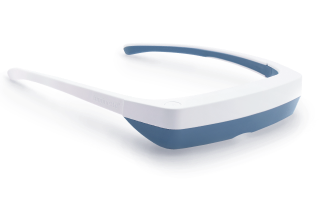
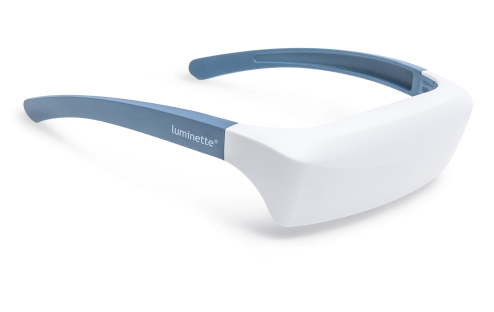
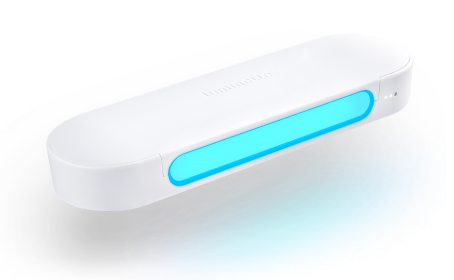
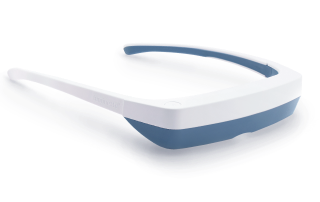
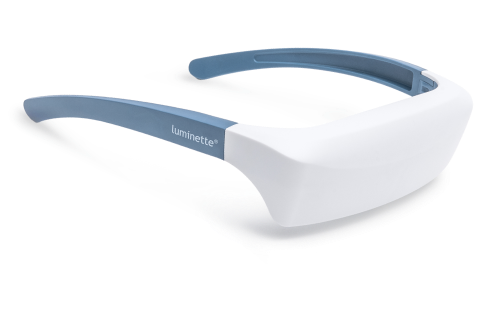
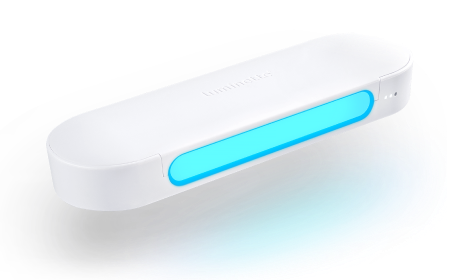
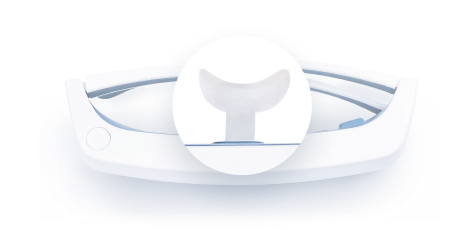
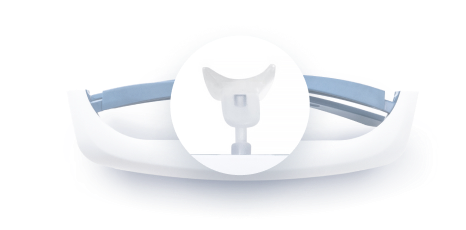
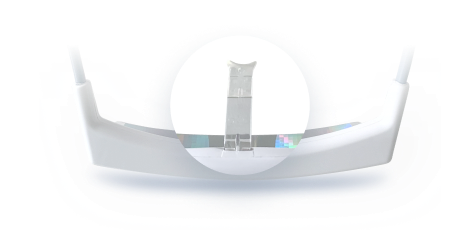
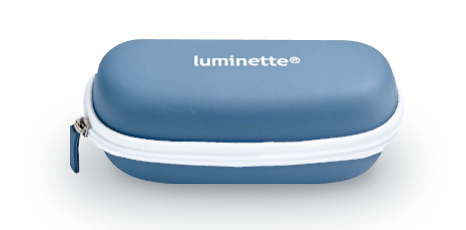
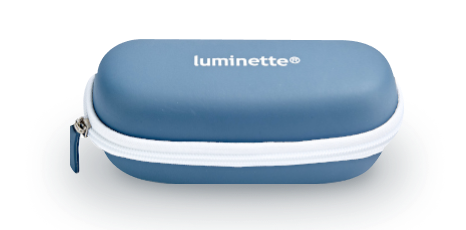











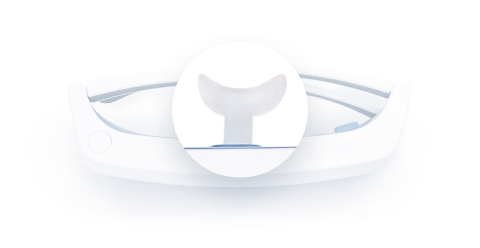
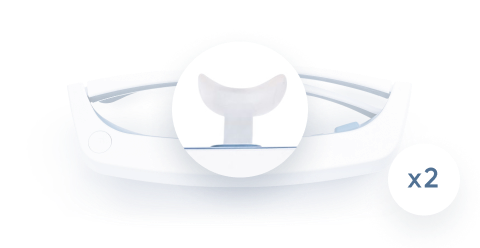
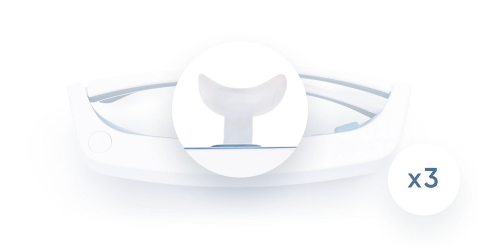
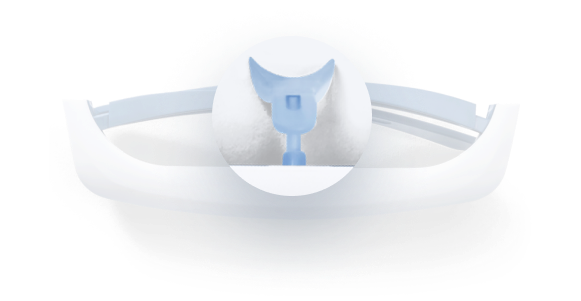
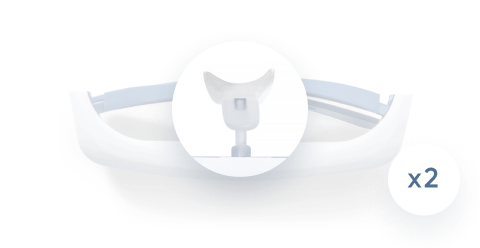
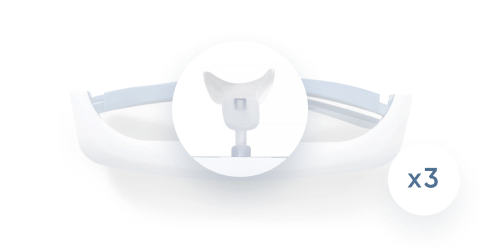
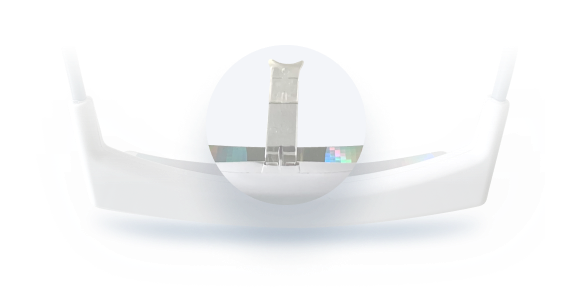









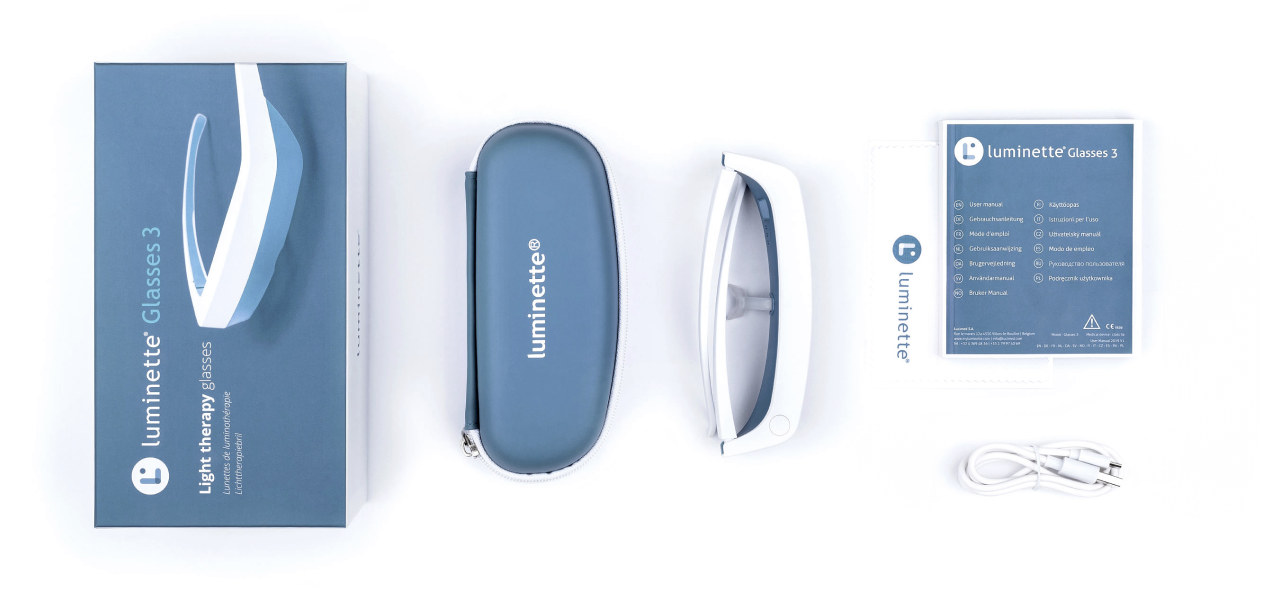

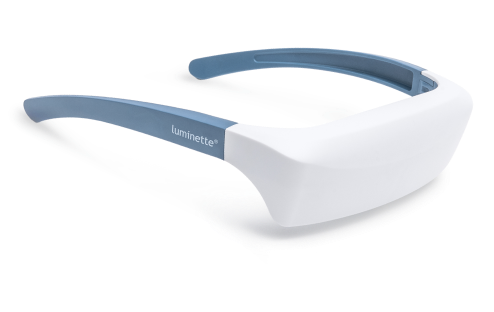
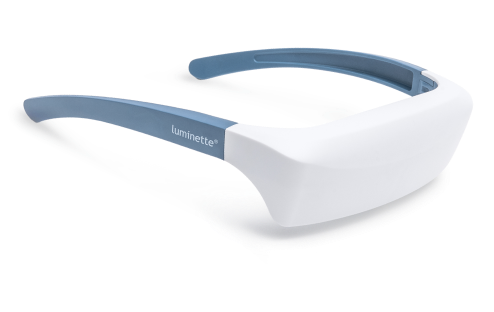
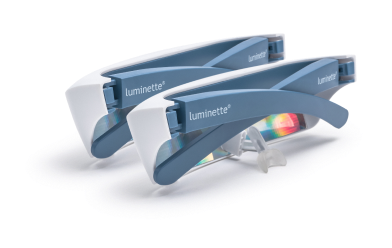

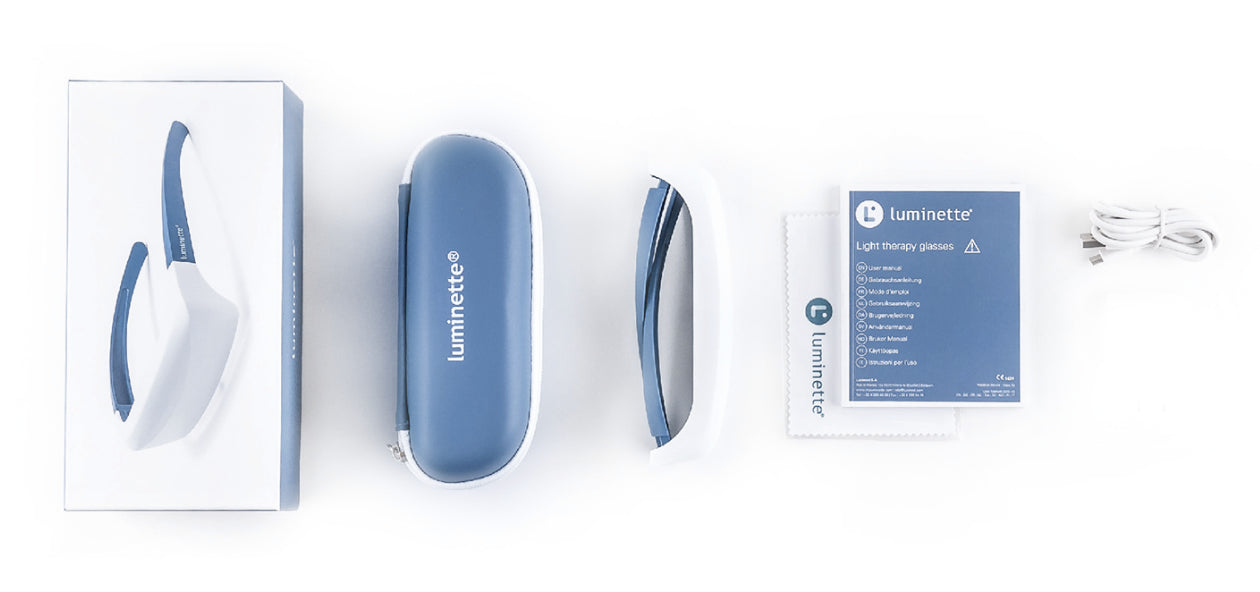
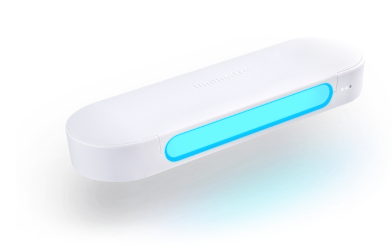
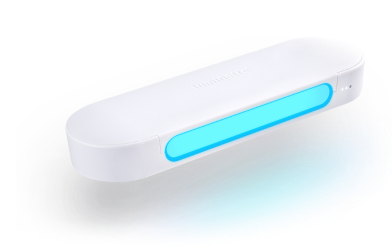
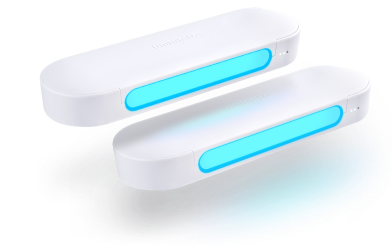
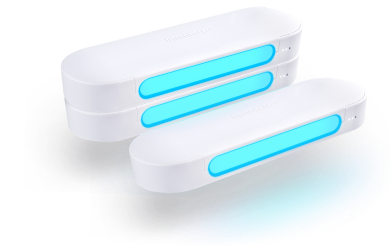
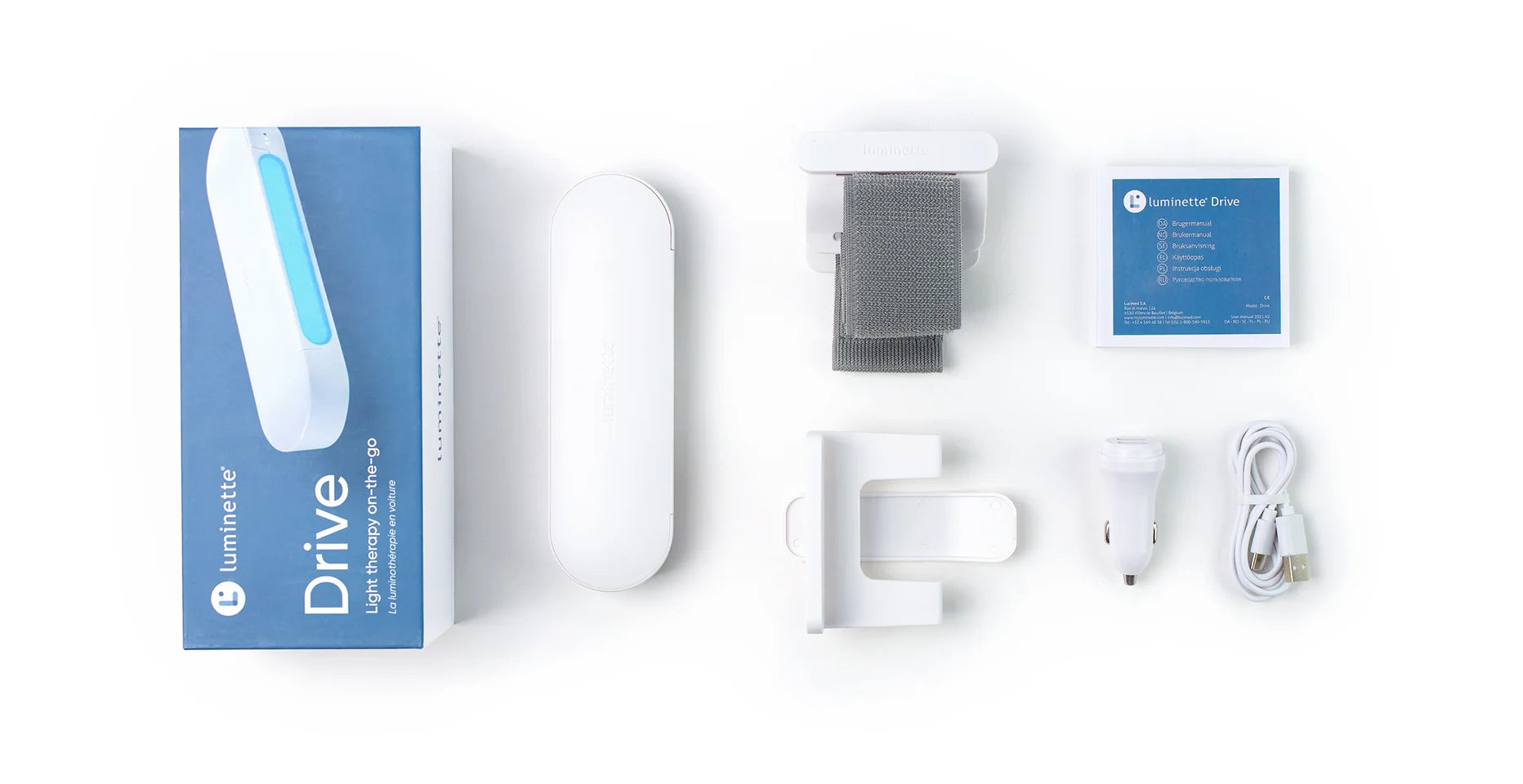
 Please note
Please note







